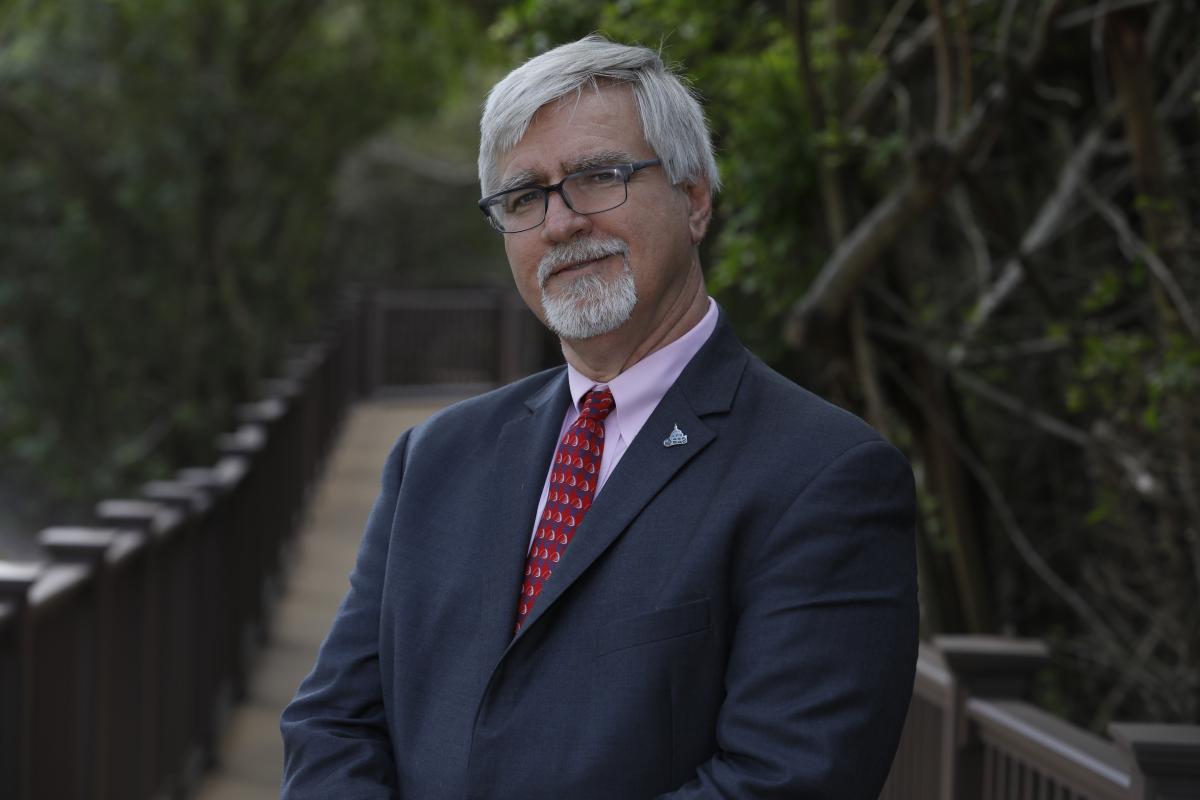 Our industry often seems to treat participants like children who can’t make big decisions—but a recent research paper suggests they might make better choices if we expanded their perspective.
Our industry often seems to treat participants like children who can’t make big decisions—but a recent research paper suggests they might make better choices if we expanded their perspective.
The paper, intriguingly titled “Financial Wellness Meets Behavioral Economics,” highlights a behavioral tendency known as “narrow framing”—basically a tendency to focus on one complex choice, or one element of a complex choice, at a time. Now, at first blush this seems rational, and perhaps even prudent—but the paper suggests that this kind of linear thinking means that people are inclined to overlook real-life disruptions like financial emergencies—which are not only uncertain with regard to amount or timing, but even in terms of whether they will occur at all. Little wonder, therefore, that studies routinely find that workers say they are ill prepared to come up with the funds to cover some kind of short-term emergency outlay of $400.
This particular e paper—authored by none other than Shlomo Benartzi, Professor Emeritus, UCLA Anderson School of Management and Senior Academic Advisor at Voya Financial, which published the paper—explains that “when it comes to household financial planning, the ‘one future’ fallacy often leads people to focus on predictable and recurring expenses, such as rent and the monthly phone bill.” It cites research by Abigail Sussman and Adam Alter that finds that people struggle to budget for any kind of “exceptional expense,” whether it’s a summer vacation or a new television. Since these expenses are not recurring, and most household budgets are narrowly framed around regular monthly charges, people fail to consider them as part of their financial plan. So far, so good.
The paper’s ultimate premise seems to be that if people could see the full range of their financial needs, they could do a better job of allocating funds—that, among other things, they’d make more rational health care decisions if they were presented a full integrated cost impact of a plan with premiums and deductibles (the author suggests most focus on the deductible). In short, the paper suggests that we (advisors and the retirement industry generally) need to do a better, holistic job of helping individuals see the full range of options and alternatives, work with them to choose the most optimal—and, of course, make it easy for them to act, rather than defer acting on those choices.
Or, said another way (as the paper does), “the ultimate goal is to develop a data-driven financial wellness platform that helps people better allocate their scarce dollars.”
Now I don’t doubt for a minute that people “overlook” budgeting for emergency expenses because they don’t view them as a specific reality (I also figure that many don’t because they feel they have other, better uses for that money, including perhaps “eating”). In that sense, creating a “slot” for emergencies alongside the budgetary savings/spending slot for “retirement,” rent, food, and transportation is logical in both acknowledging the potential need alongside those that tend to be seen as “must-pays.”
I’m not altogether sure, however, that an unspecified emergency (and approximated cost) will warrant the appropriate attention—and more than a little concerned that if it did, it would do so at the expense of items that feel more “discretionary” (like retirement).[i] And while this may be old-world thinking, I’ve seen (and heard of) far too many situations where giving people not only lots of decisions to make, but forcing them to come up with “answers” for all of them might well produce a misallocation of resources—or in a worst-case scenario, forestall a decision of any kind whatsoever.
So from an academic perspective, “narrow framing” might well be a “bad behavior” that precludes “rational” decision-making, though I tend to see it more as a coping strategy for folks struggling to make complex financial decisions spread across limited means. But then I’d also argue that sometimes you need to make choices that, while perhaps deemed financially rational, aren’t necessarily the ones you need to make in order to sleep at night.
Thoughts?
[i] I am, however, convinced that the positioning of health care programs/options/expenses could do with some improvement.

